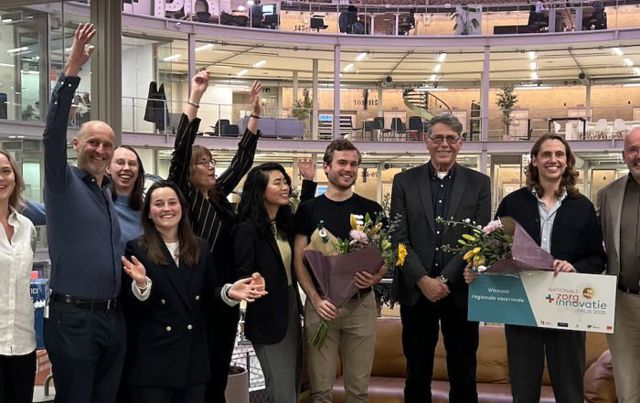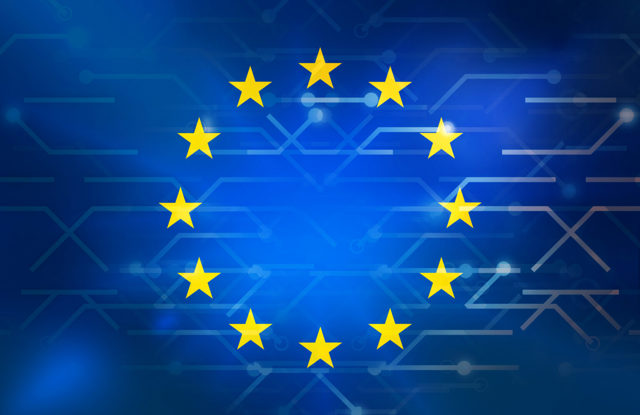< Back to news


Juli 4 2024
European Council adopts regulation on use of supercomputing in AI development
The Council of the European Union has adopted an amendment to the regulation of the European High-Performance Computing (EuroHPC) joint undertaking. This amendment expands its objectives to facilitate the development and operation of 'AI factories'. This will make the EU's supercomputing capacity further available for innovative European start-ups and SMEs to train their AI models and develop their projects.
With the adopted regulation, the EuroHPC joint undertaking will promote and operate AI factories. These facilities will consist of an AI supercomputer, an associated data center, and AI-oriented supercomputing services. The activities of AI factories will be accessible to both public and private users, with special access conditions for start-ups and small and medium-sized enterprises. The host entities of AI factories will be eligible for EU financial support to cover up to 50% of the acquisition costs of AI supercomputers and up to 50% of their operating costs. AI supercomputers will primarily be used to develop and test AI training models, applications, and solutions. Following the Council's approval, the legal act has been adopted. In the coming days, the amendment to the regulation will be published in the Official Journal of the European Union and will enter into force 20 days later. The EuroHPC joint undertaking was created in 2018 to coordinate efforts to make Europe a world leader in supercomputing. Until now, the main objectives of the EuroHPC joint undertaking have been to develop, deploy, extend, and maintain the EU's supercomputing, quantum computing, and data infrastructure ecosystem, promote its use, support the development of supercomputing system components, technologies, and knowledge, and support the development of computing skills for European science and industry. Since its creation, the EuroHPC joint undertaking has procured nine supercomputers, located across Europe. On 24 January 2024, the Commission proposed a regulation to amend the current legal framework (Council regulation (EU) 2021/1173), introducing an additional objective for the joint undertaking: supporting the development of an AI ecosystem in the EU by developing and operating AI factories. Member states reached political agreement on the amendment on 23 May.
Vergelijkbaar >
Similar news items

March 11
Russian disinformation infiltrates AI chatbots on a large scale
A NewsGuard audit reveals that the ten largest AI chatbots repeat disinformation from a Russian propaganda network 33% of the time. By systematically spreading false information, the Kremlin influences how AI systems process and present news.
read more >

March 11
Pacmed wins regional round of the Zorginnovatieprijs 2025
Pacmed Critical, an AI-powered dashboard for Intensive Care units, has won the regional round of the Zorginnovatieprijs 2025. This recognition provides an extra boost for Pacmed co-founder Wouter Kroese and his team in further developing their AI solution. The final of the National Zorginnovatieprijs will take place on March 13.
read more >

March 11
Europe’s digital dilemma: choosing between innovation or stricter regulations?
The European Union aims to regulate the impact of artificial intelligence with the AI Act, but Professor Daniel Mügge argues that this approach primarily protects individual rights while neglecting broader societal consequences.
read more >